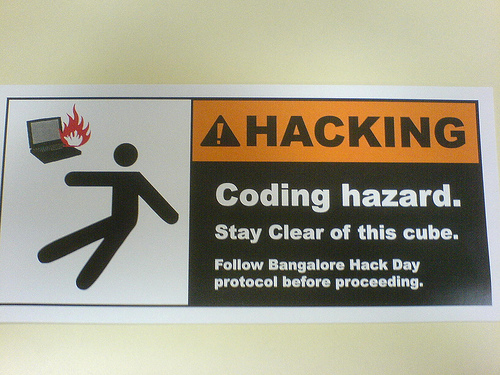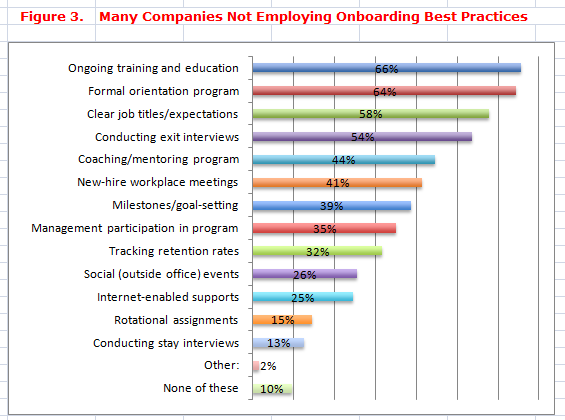Take the month off. Just report back with what you did
In a new spin of Google's famous '20% time' or the now commonplace 'hackdays' in many technology companies that both, (in different ways), provide free and unstructured or loosely structured time for employees to devise, experiment, imagine, and build new things, the software company 37Signals announced via a blog post last week that it is giving most of its employees, in June, an entire 'hack month'. What's a 'hack month'? Details here:
From the 37Signals blog post announcing the project:
This June will be a full month of free time to think, explore, mock up, prototype, whatever. People can go solo or put together a team – it’s entirely up to them. This is a month to unwind and create without the external pressures of other ongoing projects or expectations. We’re effectively taking a month off from non-essential scheduled/assigned work to see what we can do with no schedule/assignments whatsoever.
The culmination of this month of free work time is Pitchday – the first Thursday in July. That’s when everyone will get a chance to pitch their idea, mockup, prototype, or proof of concept to the whole company. The better the pitch, the more likely the project will happen.
Some people have already paired up and recruited others to work on an idea together. Some are going solo. And some are taking the time to work on a combination of smaller things they’ve been meaning to work on for a while.
I love the idea of companies letting go, even if it is for one day a quarter like many hack days, one day per week like the 20% time scheme, or even something more bold and potentially impactful as 37Signals' month-long experiment. The key to these programs being more than just nice perks for an overworked and over stressed staff is the 'pitch' that happens at the end of the hack time. The pitch, since it typically has to be delivered in front of all their peers as well as company leadership places extra responsibility in the employee's and can serve to illustrate some really useful elements for company leadership in both staff skills and capabilities, as well as motivation and engagement.
Some of the benefits for company leadership of these kind of hack day programs that are often harder to come by during the course of 'normal' business:
Figure out who is all in - some people and teams will push really hard in these programs, will exert extra time and effort to make something great, to 'win', and to be recognized. Others, well, not so much. And the good thing is in the pitch meetings, all this plays out in public.
Figure out the untapped or unrealized talents in the organization - the inherent freedom to choose your project allows staff to experiment with skills and technology that they might enjoy, or at least be very talented with, but for some reason the 'real job' does not utilize. You will almost always be surprised what someone is really good at.
Find out which people are willing to learn new things - the jury may be out on so-called stretch goals, but observing which employees seem to embrace new things, to try and take advantage of the free time to learn new skills can be an important and illustrative predictor of who might be ready for a new project or a more challenging type of 'real' assignment.
Sense where natural teams form and whether or not they work - A great aspect of hack day programs is that they allow and encourage teams to form across the organization often where the normal course of business does not require. Seeing where teams and groups form, and also who decides to work solo, can give leaders some clues towards project team composition, and creates opportunities for people from different functions to offer different insights in areas they usually would not see.
You can probably tell I am a huge fan of the hack day idea. Maybe extreme examples like the 37Signals hack month are not reasonable, or even wise, for most organizations, but certainly just about every organization could benefit from taking at least some time every few months to open up, let go of the reins, and see what the employees can really do. And the pitch day with the entire team assembled? That is money all day.
What do you think - does your organization have similar hack days? And if not, why not?
Happy Monday!

 Steve
Steve



